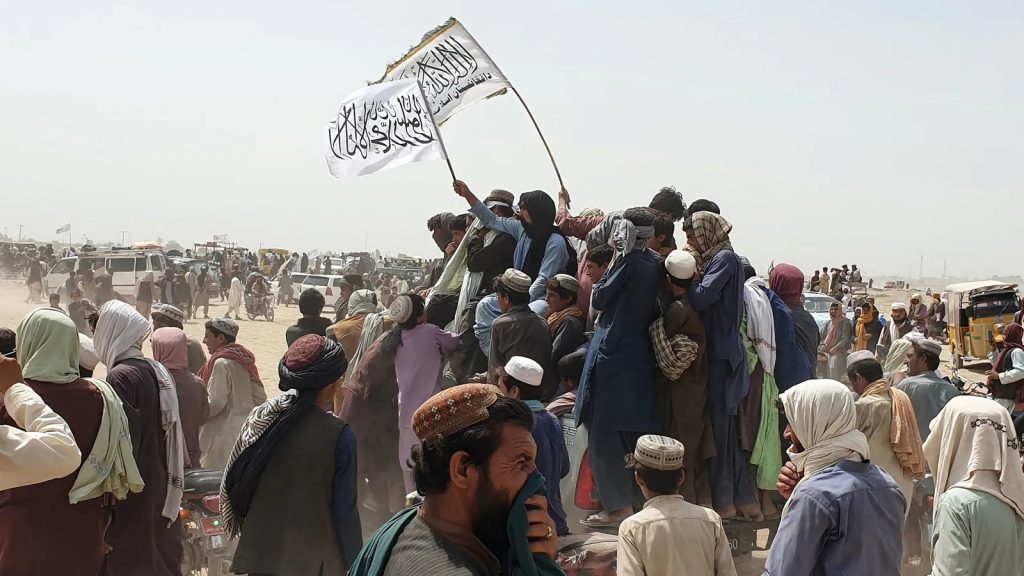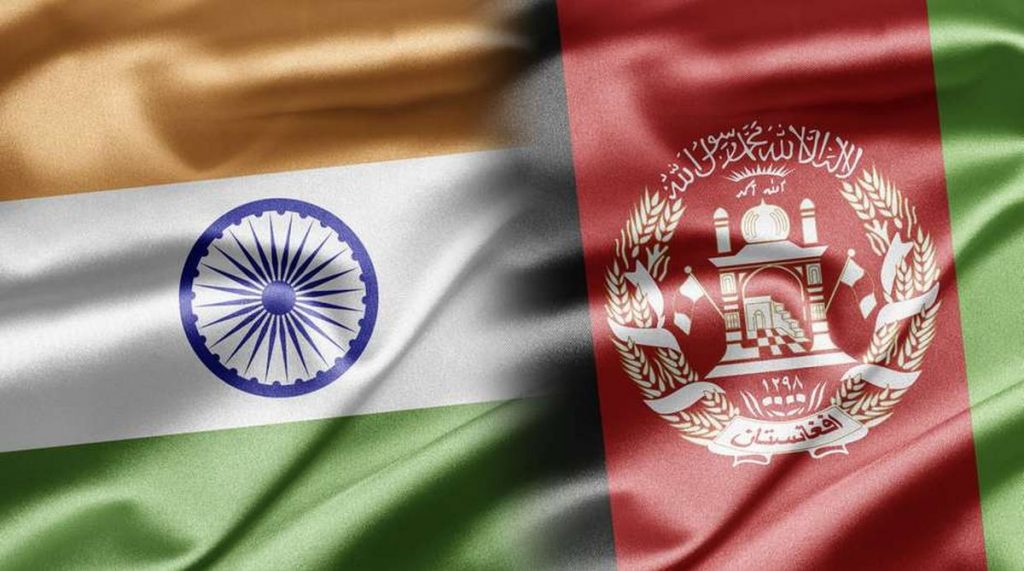
Taliban’s seizure of Kabul on Sunday ( August 15) officially established the supremacy of the Taliban as a towering national power in Afghanistan. From now on the republic of Afghanistan’s nomenclature will be declared as an Islamic Emirate of Afghanistan (IEA). The past experience of India with the Taliban is of heightened terrorism and a serious national security threat. India’s strategic community and institutional memory of the Kashmir Jihad in the 1990s, bomb blasts and terror attacks across the country have left the deep scars of conflict trauma, in which the Pakistani deep state and elements of Taliban were directly involved.
But 20 years down the line, the situation, circumstances and conflict dynamics in Afghan-Taliban have significantly changed. Their geopolitical, military and diplomatic maneuvering has become quite refined and sophisticated at the outset. However rudimentary and primitive their internal affairs might be, their effects and impact on international affairs are expected to be minimal. Ronald Reagan’s famous line, ” Trust but verify” becomes very critical, in our engagement with this new regime in Afghanistan.
An important factor we need to understand is that the Taliban is not one single organisational entity. It’s a conglomerate of various different tribal fractions such as Pashtuns, Haqqanis, IraniShiyas, Usbekes, and Tazikes. Some are pro Pakistan and some are anti-Pakistan. We must note that units such as Tehreek – e – Taliban Pakistan are acting clearly against Pakistan in their terror attacks and horrific conduct.
An important factor we need to understand is that the Taliban is not one single organisational entity. It’s a conglomerate of various different tribal fractions such as Pashtuns, Haqqanis, IraniShiyas, Usbekes, and Tazikes.
Secondly, as we discussed earlier the current Taliban is not a singular United Front, it has been ridden with inter-fractional divisions and power struggle rivalry amongst the local commanders. It’s interesting to know that local commanders do not really know nor care about the affairs outside their region/province.
As far as Russia, China, US Troika in Afghanistan is concerned, Beijing has moved swiftly and stated that it is willing to support “friendly relations” with the ‘new’ Taliban. On the other hand, being more circumspect, Russia is laying out its geopolitical pawns to see “how the regime will behave”, said President Putin’s special envoy for Afghanistan, Zamir Kabulov, before accepting the formal recognition of the Taliban, which is still banned by Moscow.
The Prime Minister of Pakistan the fourth, additional member of the Troika Plus—Pakistan—has already welcomed the entry of the Taliban into Kabul as an “end to slavery”, as public tactical posturing. But in fact, this Taliban conquest has turbulently gripped the nerves of the Pakistani establishment.

So in this situation, as per my assessment, the following must be the considerations of India’s foreign policy in Afghanistan.
- Firstly, A clandestine recognition of the Taliban as the legitimate de-facto authority in Afghanistan. As the Taliban strictly affirms the Sovereignty of Afghanistan as a nation, India must recognise this element in its policy analysis and en-corporate this factor in our strategic thinking.
- Secondly, an acknowledgement with the Taliban on the disputed international border with Pakistan (The Durand line) and raise this dispute in international forums at appropriate times.
- Thirdly, India must negotiate for the access of free and safe air space over Afghanistan. This will provide us with safe and strategic air access to central Asia and Europe, as Pakistani air space is permanently blocked for India.
- Fourthly, charting out a negotiating strategy for the protection of India’s Strategic assets and Infrastructure in Afghanistan. Our mission in Afghanistan has non-adversarial and humanitarian interest has been the primary objective. Henceforth our contribution to the development of Afghanistan’s economy and its human development must continue in full swing.
- Fifthly, India must negotiate a deal with the Taliban, of “Non-Interference in India’s internal Affairs” to safeguard peace and security in Kashmir and to ensure that Afghan soil is not used to inflict terrorism and insurgency on Indian soil. As the Taliban has officially promised the same, to all the countries as a general policy measure, India must ensure to secure this promise of theirs at any cost.
- Sixthly The formation of an alliance of Indian intelligence and conduct of covert diplomacy with Anti Pakistan fractions in Taliban who aspire towards friendly relations with India. This strategic alliance must be utilised to reignite and recalibrate the fragmented Balochistan movement in Pakistan through diplomatic and financial support.
- Sevently and most importantly India must never send its troops to Afghanistan and make an on-ground military intervention. If one thing that Afghans are most furious and rebellious at the moment, it’s the witnessing of foreign military troops on their land!; and their adverse reactions to this move can result in a great strategic Blunder to India’s national security and interests.
India must negotiate a deal with the Taliban, of “Non-Interference in India’s internal Affairs” to safeguard peace and security in Kashmir and to ensure that Afghan soil is not used to inflict terrorism and insurgency on Indian soil.
There is no doubt that India is currently voyaging in highly turbulent waters. Also, I need to categorically state the fact that no one can repose complete trust in this so-called “New Taliban” and expect them to adhere to their promises. India needs to be highly vigilant of it’s next geopolitical moves in the region that might bear us significant strategic consequences.
The good old days of non-alignment, India’s international image as a third world country with a Gandhian non-violent value system, and a presupposition of strategic ambiguity are now the bygones.
In the present situation, India has to play a greater role in the Indian subcontinent to assert and project itself as a regional power and an emerging global power. ” The Great Game” of Asian geopolitics must be steered by India through its stern foreign policy decision making and unleash its potential to grapple with the strategic depth and clarity in international affairs.
(The author has a MA in political science from Bangalore University and is pursuing MA in international relations from Annamalai University. His areas of interest include Indian foreign policy, global diplomacy, geopolitics, Indian strategic thought and national security studies. Views expressed are author’s own)
Viswapramod is a PhD Scholar at the Department of International Studies and Political Science, Christ University, Bangalore. He has an MA in International Relations. Views expressed are the author’s own.
